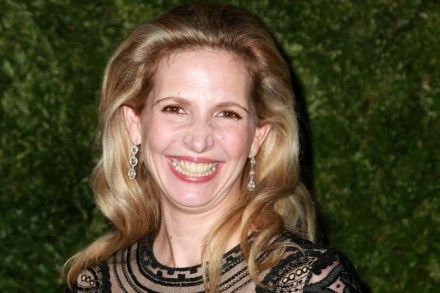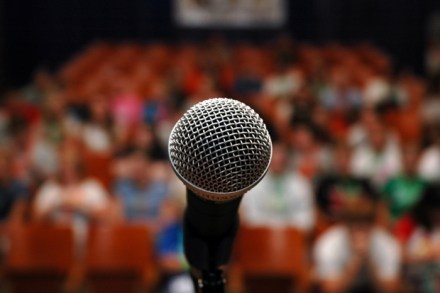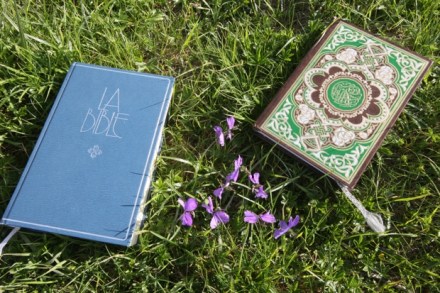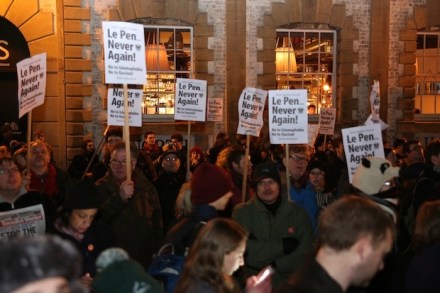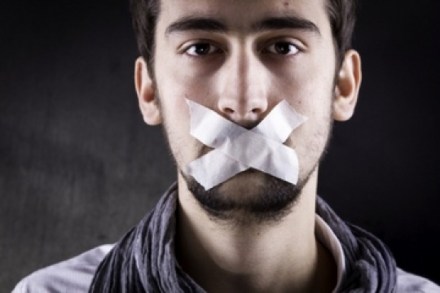The 5 per cent of people who get to decide everything
What happens when 95 per cent of people like something, but 5 per cent of people prefer something else? You might think natural democracy would prevail: that the 5 per cent would acquiesce and go along with the taste of the majority. Not necessarily. In many cultural settings, it is common for a small, intransigent minority to beat a much larger, tolerant majority. If you’re hosting a dinner party, for instance, all it takes is one git with a spurious ‘fenugreek intolerance’ to veto your best lamb curry. You might call this ‘the asymmetry of tolerance’, where certain social systems end up calibrated to suit their most inflexible component. If the majority prefers


